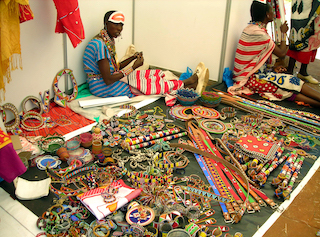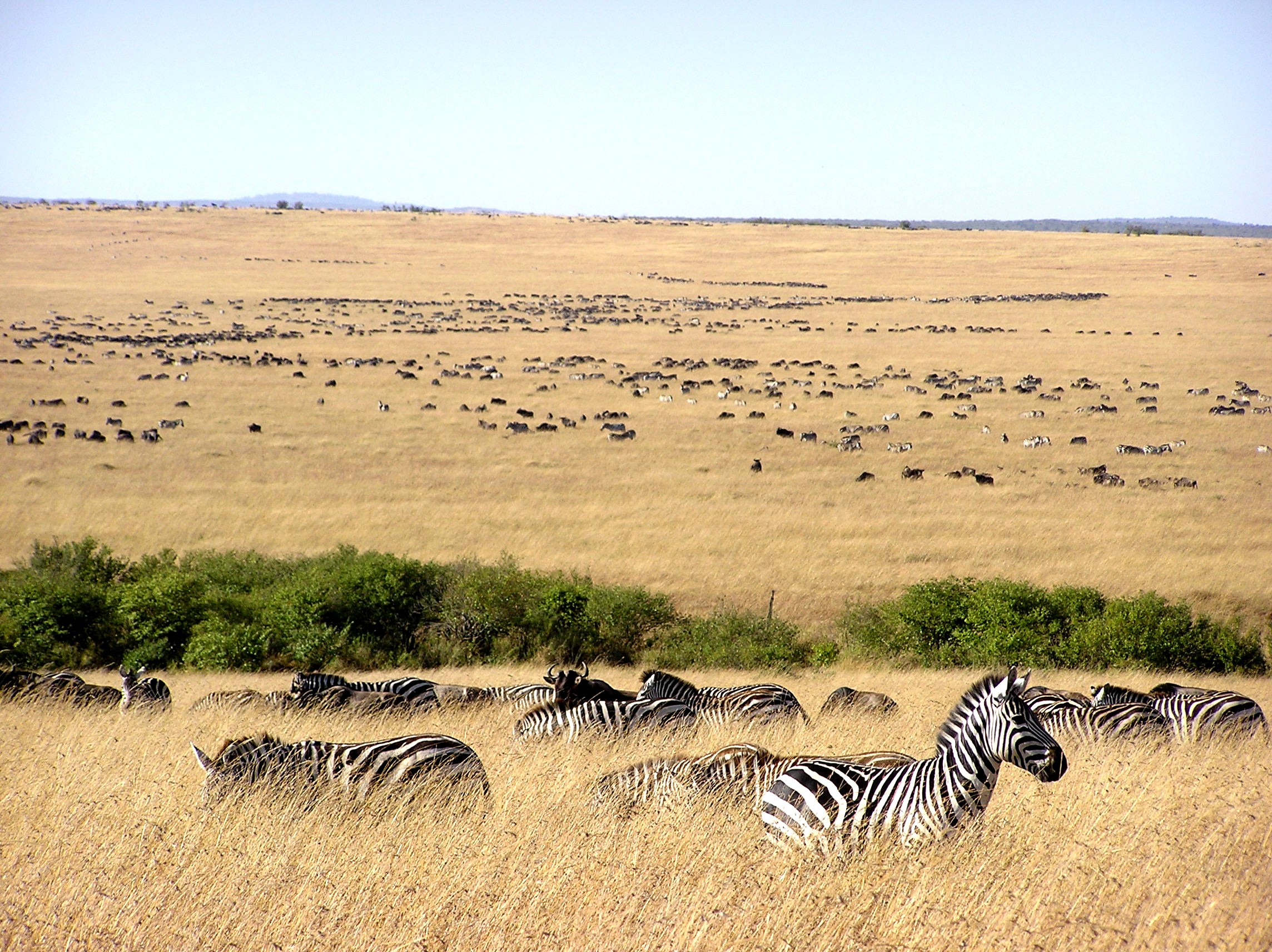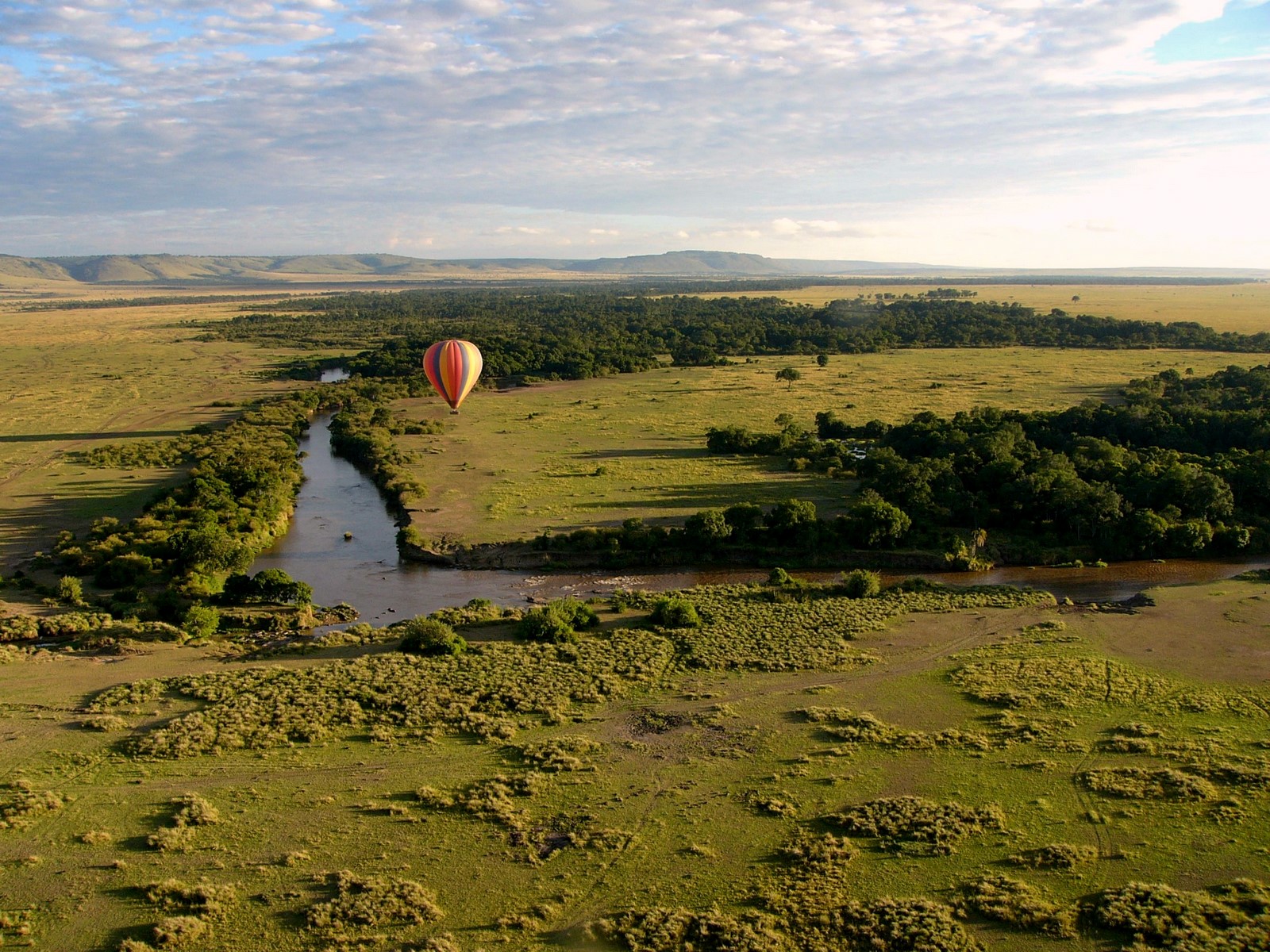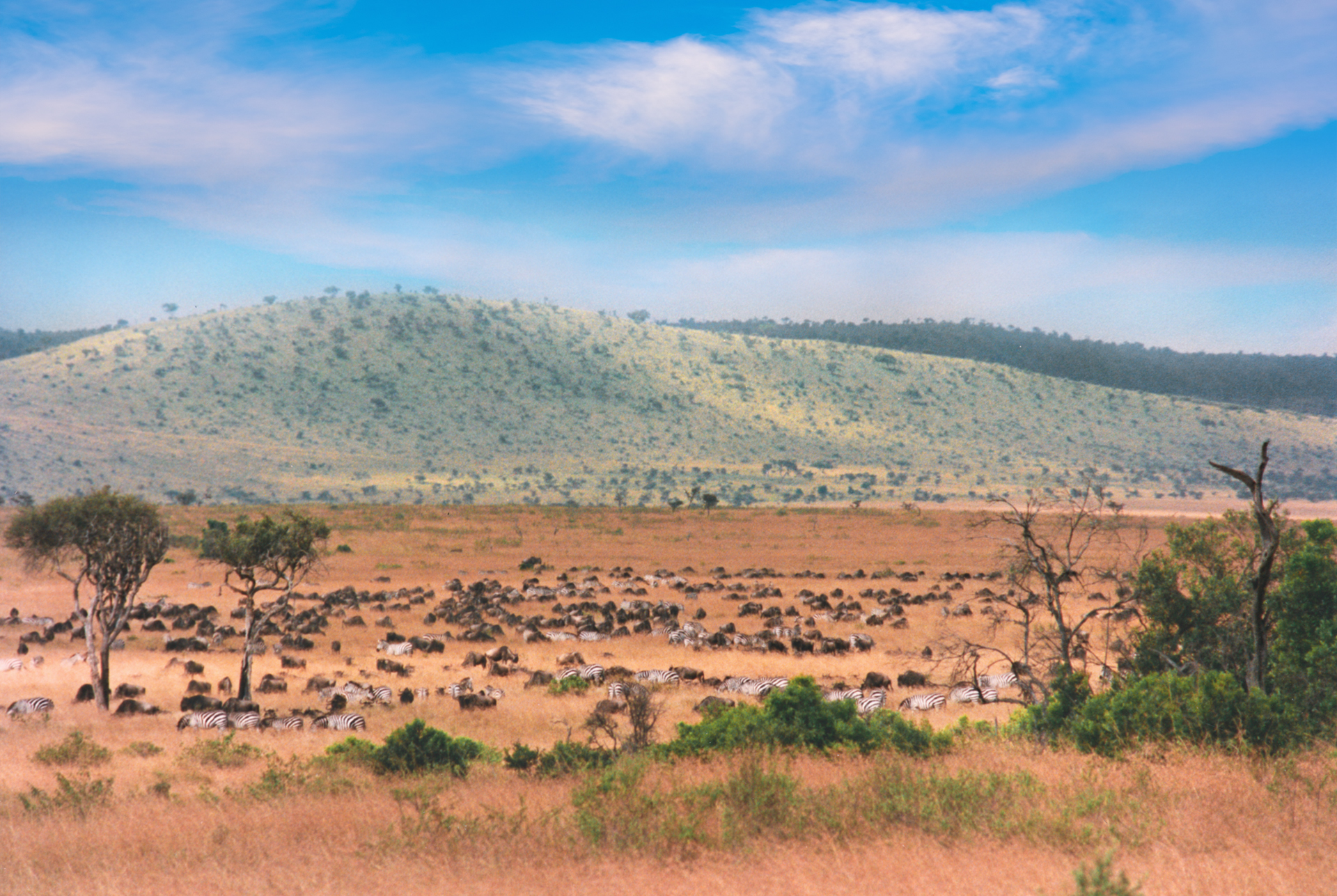The Impact Of Tourism On Maasais
Tourism in Kenya offers a vibrant tapestry of experiences, with the Maasais playing a significant role as both cultural icons and key stakeholders in the tourism industry. As visitors flock to Kenya to witness the majestic landscapes and unique cultural practices of the Maasai, the impact of tourism on this indigenous community is profound and multifaceted. This comprehensive guide explores the various dimensions of tourism’s influence on the Maasais, including its economic benefits, cultural implications, and the challenges faced by the community.
Tourism is a double-edged sword, offering both opportunities and challenges, especially for indigenous communities such as the Maasais in Kenya. The Maasais, with their rich cultural heritage and traditional lifestyle, are a focal point for tourists seeking an authentic African experience. As tourism continues to grow, understanding its impact on the Maasai community is crucial for fostering sustainable practices that benefit both the local population and the visitors.
Economic benefits of tourism for the Maasais
Employment opportunities
Tourism has created numerous job opportunities for the Maasais, offering roles in hospitality, guiding, and cultural performances. Many Maasai individuals are employed as tour guides, providing visitors with insights into their traditional lifestyle and customs. This employment not only provides a source of income but also allows Maasai individuals to share their cultural heritage with the world.
Additionally, lodges and campsites in Maasai territories often employ local Maasai as staff, ranging from cooks to security personnel. This employment helps to reduce poverty and provides a stable income for many Maasai families.
Income from cultural exhibitions
Cultural exhibitions and performances are a significant source of income for the Maasais. Tourists visiting Maasai villages often pay for cultural experiences, including traditional dances, rituals, and crafts. This form of cultural tourism allows the Maasais to showcase their heritage and generate revenue from their traditions.
Crafts such as beadwork, Maasai shuka, and jewellery are sold to tourists, providing artisans with additional income. This revenue helps to support local economies and preserve traditional craftsmanship.
Community development projects
Revenue generated from tourism has been invested in various community development projects. Some of these projects include building schools, health clinics, and infrastructure improvements. Tourism can contribute to better living conditions and access to essential services for the Maasai community.
For instance, funds from tourism have supported educational initiatives, helping to improve literacy rates and provide educational resources. Health projects funded by tourism revenue have improved access to medical care and supported efforts to combat diseases.
Cultural impacts of tourism
Preservation vs. Commercialisation
The significant cultural impact of tourism is the tension between preservation and commercialization. While tourism provides an opportunity to showcase Maasai culture, it also risks altering traditional practices to cater to tourist expectations.
Cultural performances and rituals may be modified or staged to appeal to visitors, potentially leading to a loss of authenticity. This commercialisation can dilute the essence of Maasai traditions and create a façade that may not accurately reflect the community’s true way of life.
Cultural exchange and understanding
On the positive side, tourism fosters cultural exchange and understanding between the Maasais and visitors from around the world. Tourists gain insight into the Maasai’s rich traditions, customs, and way of life, fostering cross-cultural appreciation and respect.
Interactive experiences, such as participating in Maasai ceremonies or learning about traditional practices, can enhance mutual understanding and break down cultural barriers. This exchange can also encourage the Maasai to value and take pride in their heritage, reinforcing cultural identity.
Challenges and negative impacts
Cultural erosion
The primary challenge associated with tourism is cultural erosion. As tourism increases, there is a risk that traditional Maasai practices may become commercialized or abandoned in favor of more tourist-friendly versions.
The demand for specific cultural performances or artifacts may lead to the creation of new, less authentic practices that cater to tourist expectations rather than traditional values. This erosion of authenticity can undermine the cultural integrity of the Maasai community.
Environmental degradation
The influx of tourists can also contribute to environmental degradation in Maasai territories. Increased foot traffic, waste, and resource consumption can impact natural habitats and wildlife.
Tourism-related infrastructure, such as lodges and roads, can encroach on traditional grazing lands and disrupt ecological balance. The Maasai’s traditional practices of rotational grazing and land management may be compromised by the environmental impact of tourism.
Economic inequality
While tourism generates income for the Maasais, it can also exacerbate economic inequality within the community. Not all Maasai benefit equally from tourism revenue, with some individuals and families experiencing greater economic gains than others.
The disparity in income distribution can lead to social tensions and unequal access to the benefits of tourism. Ensuring that tourism revenue is equitably distributed and reaches the broader Maasai community is essential for addressing these inequalities.
Sustainable tourism practices
Community-based tourism
Community-based tourism is a model that seeks to involve local communities in the tourism industry while ensuring that they reap the benefits. For the Maasais, this approach involves engaging in tourism activities that are managed and owned by the community.
By participating in decision-making processes and managing tourism enterprises, the Maasais can maintain control over how their culture is represented and ensure that tourism revenue supports community development. Community-based tourism initiatives can also help preserve cultural traditions and provide authentic experiences for visitors.
Conservation and ecotourism
Integrating conservation and ecotourism principles can help mitigate the negative environmental impacts of tourism. Ecotourism focuses on responsible travel practices that promote environmental sustainability and conservation efforts.
For the Maasais, participating in conservation projects and promoting ecotourism can help protect their natural resources and wildlife. By aligning tourism activities with conservation goals, the Maasais can benefit economically while preserving their environment.
Case studies and examples
Successful tourism initiatives
Several successful tourism initiatives demonstrate the positive impact of tourism on the Maasais. For example, the Maasai Mara National Reserve, a popular tourist destination, has facilitated partnerships between conservation organizations and Maasai communities. These partnerships have led to the establishment of community conservancies that benefit both wildlife and the local population.
Another successful initiative is the Maasai Cultural Heritage Centre, which showcases Maasai art, crafts, and traditions. This centre not only provides income for local artisans but also educates visitors about Maasai culture in a respectful and authentic manner.
Areas for improvement
Despite the successes, there are areas where tourism could be improved to better benefit the Maasais. Efforts to address issues such as cultural commercialization, environmental impact, and economic inequality are ongoing.
Collaborative approaches involving the Maasai, tourism operators, and conservation organisations are essential for developing sustainable tourism practices that respect Maasai culture and promote equitable benefits.
Future prospects and recommendations
Balancing tourism and tradition
The future of tourism in Maasai territories requires a careful balance between promoting economic opportunities and preserving cultural traditions. Strategies should focus on minimizing negative impacts while maximizing benefits for the Maasai community.
Tourism development should prioritize cultural authenticity, environmental sustainability, and community involvement. By aligning tourism practices with Maasai values and ensuring that the community actively participates in decision-making, it is possible to create a tourism model that respects and supports the Maasai way of life.
Policy recommendations
To support sustainable tourism and address the challenges faced by the Maasais, several policy recommendations are proposed:
-
- Implementing regulatory frameworks: Develop and enforce regulations that protect Maasai cultural heritage and natural resources from exploitation and degradation.
- Supporting community initiatives: Provide financial and technical support for community-based tourism projects that are managed by the Maasai and contribute to local development.
- Promoting ethical tourism: Encourage tourism operators to adopt ethical practices that respect Maasai culture and ensure fair compensation for cultural contributions.
- Enhancing education and training: Invest in education and training programs that equip the Maasais with skills to manage tourism enterprises and engage effectively with visitors.
Impact of tourism
Tourism has a profound impact on the Maasais in Kenya, offering both opportunities and challenges. While it provides economic benefits, promotes cultural exchange, and supports community development, it also poses risks of cultural erosion, environmental degradation, and economic inequality.
By adopting sustainable tourism practices and fostering community involvement, it is possible to create a tourism model that benefits both the Maasai community and visitors. Balancing economic opportunities with cultural preservation and environmental conservation is key to ensuring that tourism contributes positively to the Maasais’ well-being and heritage.
Understanding and addressing the impact of tourism on the Maasais is crucial for promoting responsible travel practices and preserving one of Kenya’s most cherished cultural treasures.





